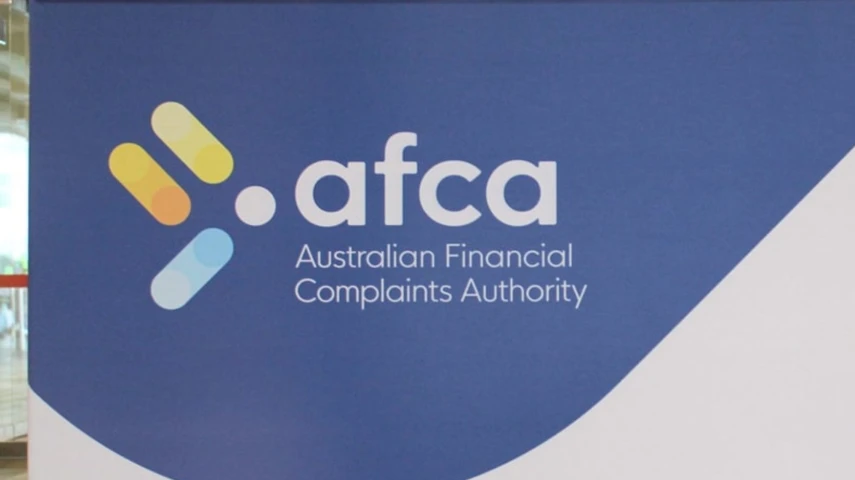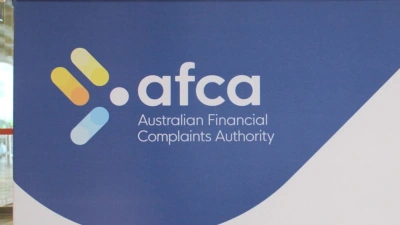The key way for members to reduce their AFCA fees



AFCA chief executive, David Locke, has urged its financial services firm members to utilise their internal dispute resolutions more if they want to see a reduction in their AFCA fees.
Speaking on the AFCA member forum, Locke said the organisation is receiving lots of enquiries that shouldn’t be going to AFCA and should be handled internally by the firms.
Complaints to AFCA went up to 104,861 in 2023–24 which he said was double the number compared to five years ago. This has been exacerbated by large-scale matters such as Dixon Advisory and United Capital Group (UGC) which have received a large volume of complaints each.
As a result, the organisation has increased its complaints handling workforce by 40 per cent and bought in surge workers for specific cases. The latest annual report for 2023-24 showed the average time to close a complaint was 74 days but 33 per cent were closed within 30 days.
Locke said: “There are lots of matters that come through to AFCA that should be nowhere near an external dispute resolution scheme, such as service and delay complaints, and these cases come to us and then they are waiting because nobody is resolving them at your end or at our end.
“AFCA was never set up to resolve problems like delays. We should be handling matters where there is a significant legal or evidential dispute, rather than this process work.
“We have been having conversations with boards and senior leadership at these firms about how, if they invest money in recruiting more staff, to deal with IDR; then you will pay AFCA less money, and less complaints will come through to us.
“If you have matters which are awaiting allocation, then there’s a real incentive for you to work with us to resolve them because the fees increase significantly if they aren’t resolved at the IDR stage and progress to case management. If you can resolve them before they come to us, then we can reduce the costs significantly.”
Between 1 July 2024 and 30 June 2025, fees for complaints closed before referral are $0 but rise to $1,141 if a complaints progresses to case management. It then rises to $9,304 if it goes all the way to the decision stage.
Commenting further on fees, Brigid Parsonson, executive general manager for corporate services, added: “For firms who are able to resolve complaints at that early stage, they are being resolved for less than $100. It’s always within the control of the member that the fees and charges they pay, if they can invest in the IDR and resolve those complaints early, then you can substantially bring down your costs.”
Recommended for you
Greater consistency across the ASIC adviser exam has helped boost the number of first-time candidates this year with many opting to sit before undertaking a Professional Year.
Financial advice practice Eureka Whittaker Macnaught is in the process of acquiring three firms to boost its annual revenue to $25 million.
AMP has partnered with Dimensional Fund Advisors and SouthPeak IM to launch a suite of investment solutions aimed at expanding retail access to traditionally institutional funds.
The Financial Advice Association Australia has appealed to licensees to urgently update their FAR records as hundreds of advisers are set to depart by the end of the year.












